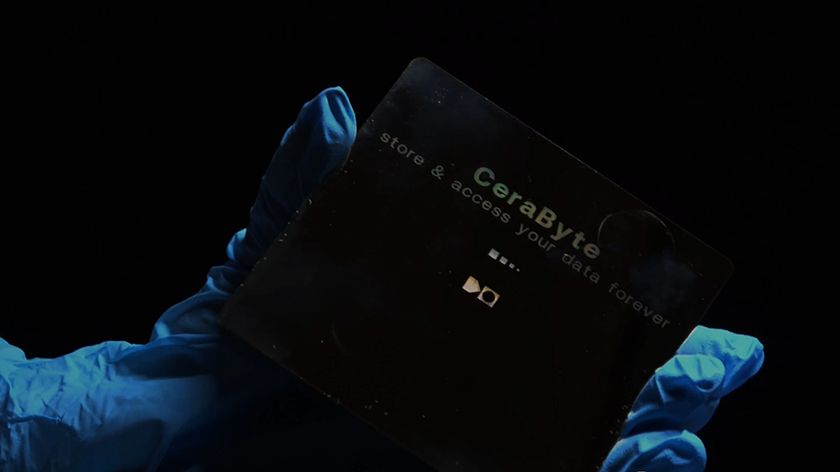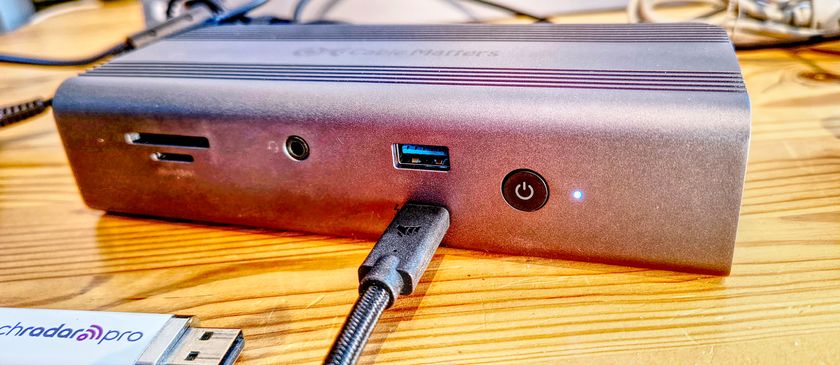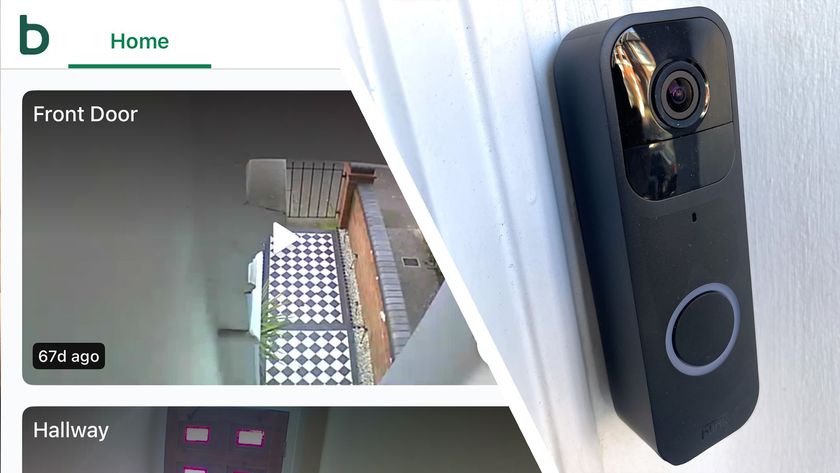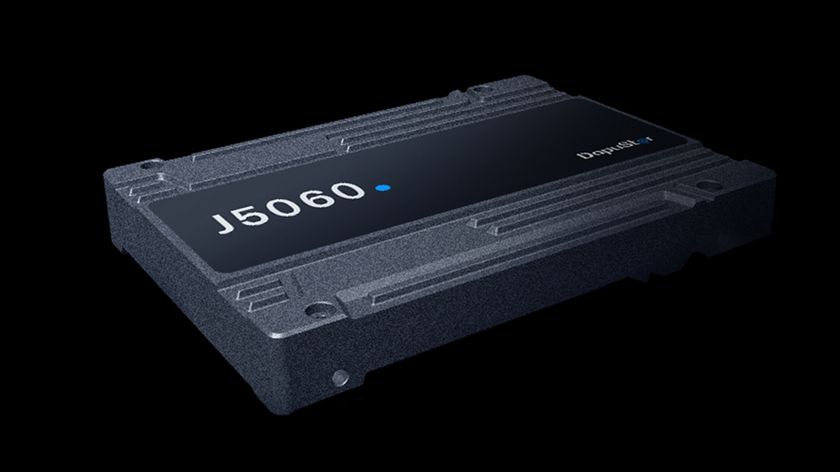Why McLaren is putting the Internet of Things in pole position
Speed kills, but it could also save lives
Though everything happens on a much faster scale in Formula One, McLaren has applied the tenets of its telemetry system to everyday road cars, allowing garages to monitor when parts are failing and a service is needed, in addition to maintaining factors like engine control and fuel efficiency.
Peter Highton, Head of Motorsport and Automotive Development at Freescale, says that many ideas that make it into consumer cars originate from Formula One cars vehicles, which he likens to "moving laboratories".
"There's a certain amount of crystal ball gazing that goes on," he says. "We're always looking two-to-three years into the future to try and second guess what will be required in terms of processing and what might be integrated into devices to make them useful."
Freescale's ADAS (Advanced Driver Assistance Systems) chipsets are one such example of innovation carried over from F1 into consumer cars. Among their features are adaptive cruise control, blind-spot monitoring and lane assistance, and they can detect activity in front and behind of cars using 77GHz radar.
The tech translates into real-world benefits by providing real-time updates in the run up to potential traffic jams. "If there's an accident on the motorway and the cars come to a halt, they can communicate and say that something has happened," Highton says. "The GPS can then immediately start looking for alternative routes, and rather than ending up in 20km of stationary traffic you can begin to move off the motorway."
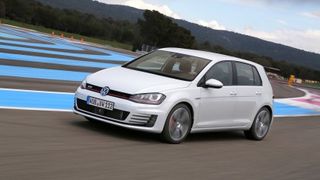
Autonomous anomaly
That said, there's still room for improvement when it comes to over-zealous driver-assisted systems, Highton concedes, who's experienced an anomaly (or two) when using ADAS in a Golf Mark 7.
"I had somebody slowing down in front of me to turn left," he recalls. "I started to pull out and accelerate, at which point the car decided I should decelerate and the ABS kicked in, which was surreal. On a separate occasion in Autumn, the car set off an alarm to say that somebody was really close behind me. I looked in my rear view mirror to see a load of leaves blowing."
Are you a pro? Subscribe to our newsletter
Sign up to the TechRadar Pro newsletter to get all the top news, opinion, features and guidance your business needs to succeed!
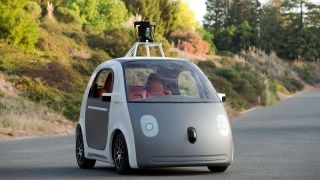
Highton is reserved on the concept of the "connected car". "'Autonomous car' is a dangerous phrase," he continues. "I like to think of it as a car that works more seamlessly with the driver. When you're driverless, you have these wonderful images of a car driving itself, but I don't think we'll ever get to that. You're always going to need the human element there.
"The really interesting area is crash avoidance systems, which automatically apply the brakes. Most reports point to stats that say around 80 per cent of vehicle crashes could be avoided."

